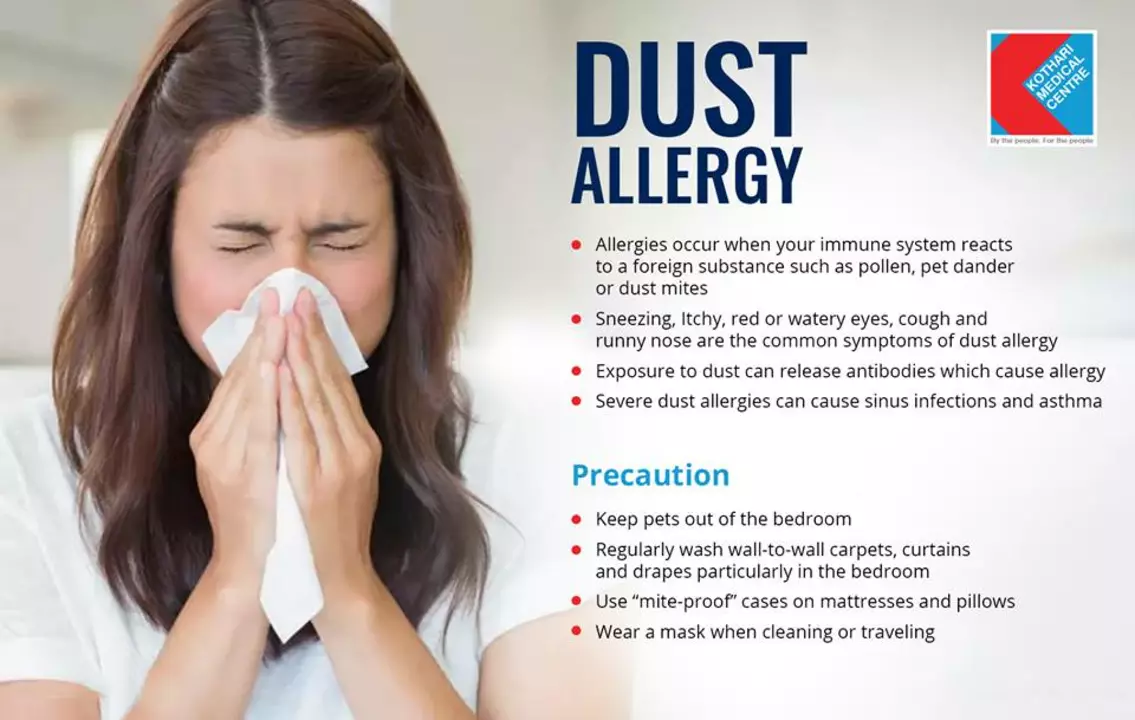Understanding Lidocaine Allergies
Lidocaine is a common local anesthetic used in various medical procedures, from dental treatments to minor surgeries. It works by numbing the area and blocking nerve signals that cause pain. However, in some cases, people can develop an allergy to this medication. In this section, we will delve into the ins and outs of lidocaine allergies, exploring the symptoms and causes of this type of allergy. By understanding how these allergies work, you can be better prepared to deal with them and seek alternative options if necessary.
First and foremost, it is important to note that lidocaine allergies are quite rare. Most people who experience reactions to lidocaine are not actually allergic, but instead have a sensitivity or intolerance to the drug. That being said, true lidocaine allergies can occur, and they can be problematic for those who experience them. The symptoms of a lidocaine allergy can range from mild to severe, and may include itching, rash, hives, difficulty breathing, and even anaphylaxis in extreme cases. The cause of lidocaine allergies is typically an immune system response to the drug, as the body mistakenly identifies the medication as harmful and initiates an allergic reaction.
Recognizing the Signs of a Lidocaine Allergy
Being able to recognize the symptoms of a lidocaine allergy is crucial, as prompt action can help prevent serious complications. As mentioned earlier, symptoms can range from mild to severe, and can manifest in various ways. Some common signs of a lidocaine allergy include:
- Redness, swelling, or itching at the site of injection
- Rash or hives appearing on the skin
- Difficulty breathing or wheezing
- Swelling of the face, lips, or tongue
- Dizziness or lightheadedness
- Rapid or irregular heartbeat
- Confusion, anxiety, or agitation
If you experience any of these symptoms after being administered lidocaine, it is vital to inform your healthcare provider immediately. In severe cases, such as when there is difficulty breathing or signs of anaphylaxis, seeking emergency medical attention is critical.
Diagnosing and Managing Lidocaine Allergies
If you suspect that you may have a lidocaine allergy, it is important to consult with your healthcare provider for a proper diagnosis. This may involve a thorough review of your medical history, a physical examination, and potentially allergy testing. Allergy testing for lidocaine may involve a skin prick test, patch test, or intradermal test, where small amounts of the medication are applied to the skin to observe for a reaction.
Once a lidocaine allergy is confirmed, your healthcare provider will help you create a management plan. This may include avoiding the use of lidocaine in future medical procedures, carrying an epinephrine auto-injector (EpiPen) in case of a severe reaction, and informing all of your healthcare providers of the allergy. It is also essential to communicate your allergy to any medical facilities where you may receive treatment, such as hospitals or dental offices.
Exploring Alternatives to Lidocaine
If you have a lidocaine allergy, it is essential to find alternative anesthetics for pain management during medical procedures. Thankfully, there are several alternatives available, some of which include:
- Bupivacaine: This is another local anesthetic that is chemically similar to lidocaine but may be better tolerated by those with lidocaine allergies.
- Mepivacaine: This is a short-acting local anesthetic that can be used as an alternative to lidocaine for dental procedures and minor surgeries.
- Prilocaine: This local anesthetic is less potent than lidocaine but can still provide effective pain relief for certain procedures.
- Non-anesthetic pain management: In some cases, non-anesthetic pain management options, such as non-steroidal anti-inflammatory drugs (NSAIDs) or acetaminophen, may be appropriate for managing pain during certain procedures.
It is important to discuss these alternatives with your healthcare provider to determine which option is best suited for your needs and individual circumstances.
Living with a Lidocaine Allergy
Although lidocaine allergies can be inconvenient and potentially dangerous, proper management and awareness can help minimize the risks associated with this type of allergy. By working closely with your healthcare provider to establish a comprehensive management plan, you can ensure that you receive safe and effective pain relief during medical procedures. Remember that communication is key – inform all of your healthcare providers about your allergy, and always carry any necessary emergency medications, such as an EpiPen, with you. With the right precautions in place, you can live a healthy, fulfilling life, even with a lidocaine allergy.


Andrea Gracis
May 7, 2023 AT 10:48Matthew Wilson Thorne
May 7, 2023 AT 12:17April Liu
May 8, 2023 AT 04:54Emily Gibson
May 8, 2023 AT 09:07Mirian Ramirez
May 9, 2023 AT 03:55Kika Armata
May 9, 2023 AT 22:09Herbert Lui
May 10, 2023 AT 14:56Nick Zararis
May 11, 2023 AT 01:06Sara Mörtsell
May 11, 2023 AT 01:24Rhonda Gentz
May 11, 2023 AT 01:42Alexa Ara
May 11, 2023 AT 11:09Olan Kinsella
May 12, 2023 AT 04:03Kat Sal
May 13, 2023 AT 03:51Rebecca Breslin
May 13, 2023 AT 12:04Kierstead January
May 14, 2023 AT 05:12Imogen Levermore
May 15, 2023 AT 03:20Chris Dockter
May 15, 2023 AT 18:03Gordon Oluoch
May 15, 2023 AT 23:41Tyler Wolfe
May 16, 2023 AT 12:18Neil Mason
May 17, 2023 AT 11:05